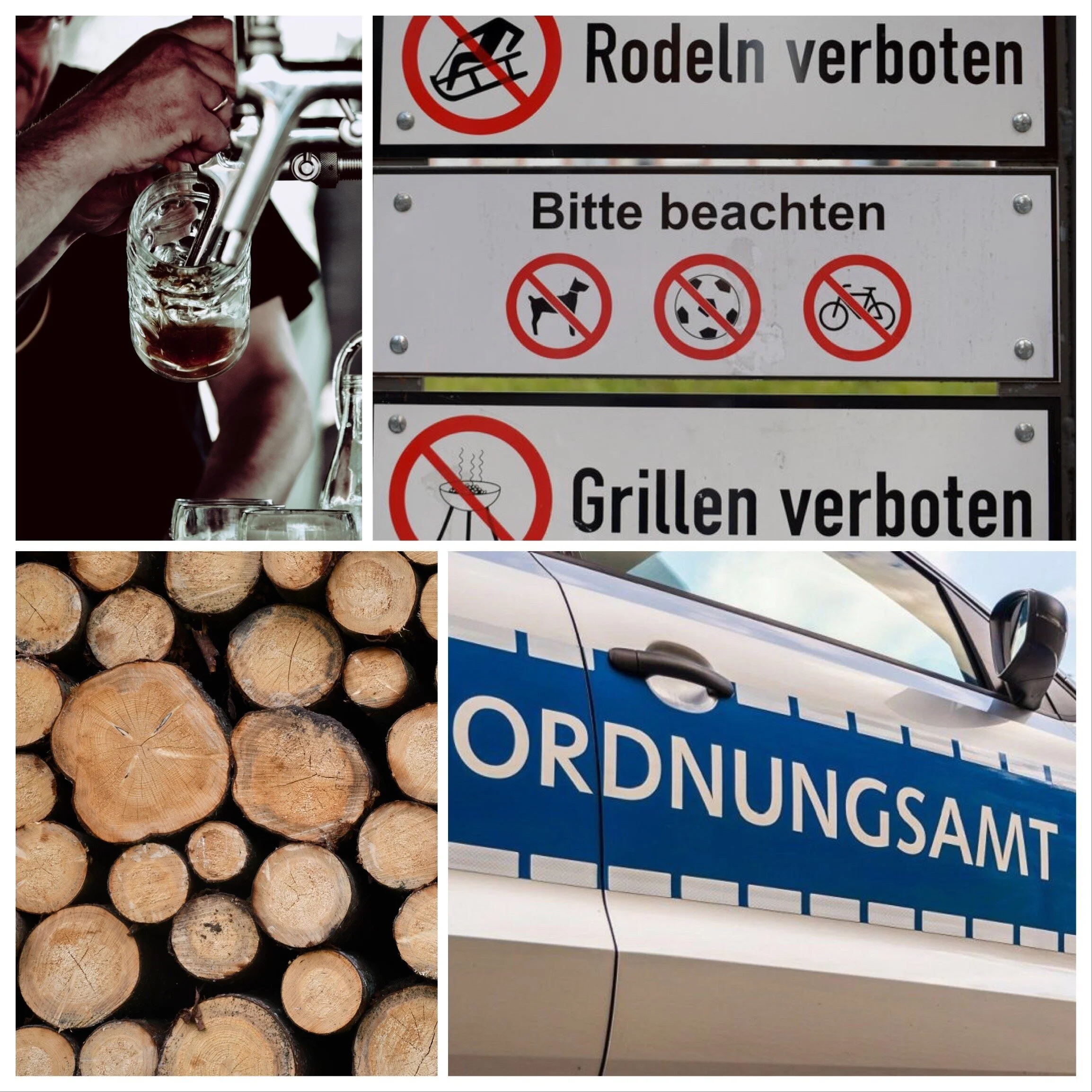Formal Like the Germans, Informal Like the British
After jumping all the myriad hurdles to German citizenship, the translation of documents, the fees, the tests, I might have been forgiven for thinking that the worst was over. All I needed to do was take a rather simple meeting at the Ausländerbehörde (Immigration office) and then wait for a German court to confirm that I could become a German. Easy right? Well, no. Despite having achieved the language requirement for citizenship, I still found myself worrying. As I waited for my appointment in a dank corridor straight from the 1970s, I repeated the same mantra over again and again in my head: ‘Sie not Du, Sie not Du, Sie not Du’. Was I losing my mind? Probably, but there was some logic to my madness. I’m terrible at the use of formal form in German. Unlike my native English, German has two basic ways of communicating, the Siezen and the Duzen form. The first is for people you don’t know, those of a senior age or position, it’s a way of showing respect and social distance. The latter form is more familiar, used for friends, family or those younger than yourself. This sounds simple, but in practice it means changing the grammar of your sentence to fit the form. This is where mistakes are usually made, mistakes I make on a regular basis with doctors, government workers and once with a rather angry woman in the bakery.
It didn’t help that the agent handling my citizenship application was, by my estimation, at least a decade younger than me. They say you know you’re getting old when police officers begin to look younger and younger, if that’s the case then by comparison to the young Beamter (government worker) sitting behind a protective plastic screen opposite me, I was Gandalf and Methuselah rolled into one. My hands began to get clammy just thinking about accidentally saying ‘Du’ to him. I think I aged another decade as I watched him carefully go through my documentation, ticking off a checklist as he went.
The protective screen and mandatory face mask didn’t help. Every time he asked a question, I had to lean forward, cupping my ear in order to hear exactly what he was saying. ‘Maybe I should have brought an ear trumpet?’ I thought to myself. Despite his age, the young Beamter was as thorough as any old hand, and as the time ticked away, I began to get more and more nervous. My documentation was in order, I was certain of that, but doubts did creep in. In normal circumstances, I would break the tension by making a joke, but I didn’t think he would appreciate it. I’m sure he had a large stamp marked ‘REJECTED’ ready in case any British person turned up with delusions of humour. When he handed me a five page list of terrorist groups and banned organisations, and asked me to confirm I was not a member of any of them, it took all my will power not to crack wise about my lapsed membership of Al Qaeda. To date, it’s my proudest moment of self-control.
Thankfully it all turned out ok, he checked everything with satisfyingly large green ticks, told me to wait for a letter in a few months and then I was free to leave. I had passed another test, not one I was expecting at the beginning of the process, but nonetheless a passing grade. That was a few months ago and since then I’ve failed the Siezen/Duzen test at least four times in various ways. It doesn’t help that whenever I ask native Germans about the rules, they give me non-answers (‘Oh, you just know, you know?’). For instance, I’ve recently made friends with the local butcher, something I can seriously recommend if only for the freebies. However, we still use the ‘Sie’ when we speak. Am I meant to offer the Duzen to him or is he meant to offer it to me? I don’t think he’s older than me, does he think he’s older than me? Am I unknowingly being rude, or would I be considered too familiar? Can you refuse the Duzen? It’s a minefield and all I want is 500g of mince.
In fairness, it’s not like being 60% British really helps the situation. As I mentioned, my instinct to cut tension with humour is not the wonderful communication skill I might think. In Germany there is a time and place for humour, whereas in the UK the time and place for humour is everywhere and at any time. Weddings, funerals, at the police station, getting hit by a car, being made redundant, all are fine opportunities to crack a joke. We can just pass it off as gallows humour and feel confident that others generally feel the same. On top of that, British formality is Byzantine. Germany at least has clear rules you can learn. We British (as with most things) have opted for shades of grey. The British, and for that matter Americans too, rush as quickly as possible to informality in most social situations, but that informality doesn’t mean that we’re all friends, just that we’re imposing our comfort zone on you to make ourselves feel better. Sure, use our first names, crack a joke, ask about our families, it doesn’t mean that I want to be invited for dinner or that I really want to spend any time with you outside of the current situation. No wonder Germans find us superficial! We can be hypercritical, but sound like we’re talking pleasantly about a recent holiday, the subtle tone of our voices carries the message not the actual words. Its perhaps why many English speakers take ten minutes to say what they mean; we’ve got to play a game of information peek-a-boo with our interlocutors first.
Looking back on my meeting at the Ausländerbehörde, there are some good lessons to take away. I need new communication strategies, one of which is to simply keep my mouth shut. Don’t waste your words on pointless comfort conversation, it’s formal because it’s formal, be ok with that. Also, despite stereotypes to the contrary, Germans like humour just not humour that has no place being there, get used to that and you’ll have a major piece of the communication puzzle of life in Germany. I’ve survived life in Germany this long by being adaptable, I just need to keep evolving.








